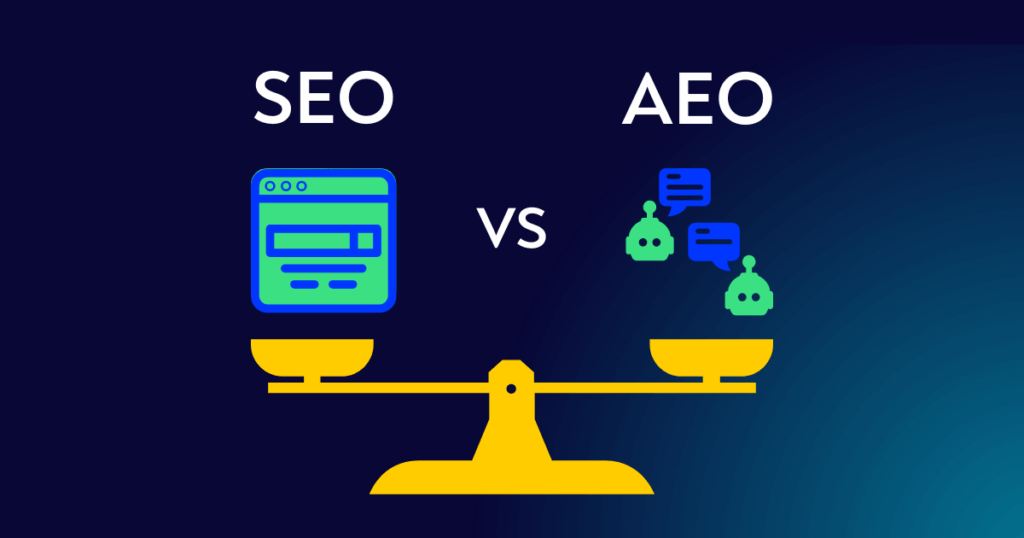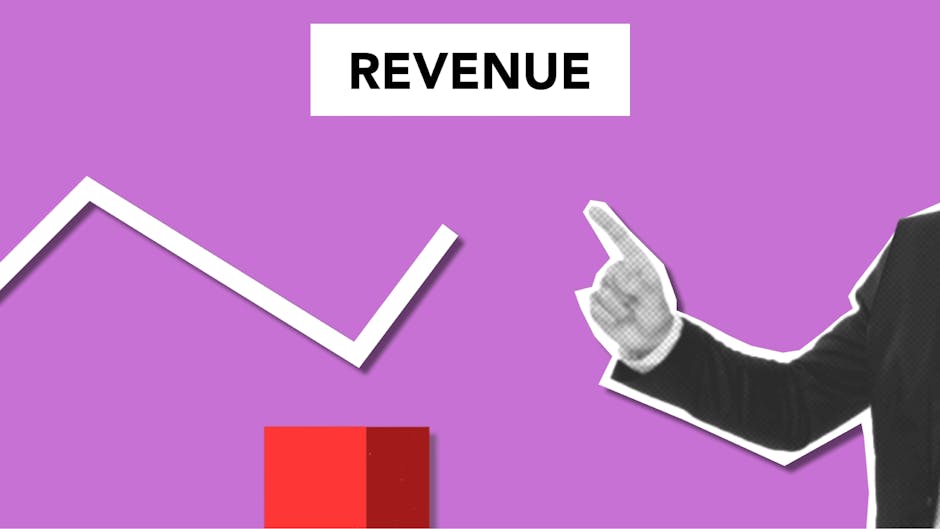



For years, Search Engine Optimisation (SEO) has been the undisputed method for getting your business noticed online. The goal was simple: climb the ranks on Google to get in front of customers. But the way people find information is changing, and fast.
We’re now entering the era of Answer Engine Optimisation (AEO), a new approach designed for a world where AI-powered engines like Google’s AI Overviews and ChatGPT deliver direct answers, not just links.
This shift is reshaping digital marketing, and for businesses here in Australia, understanding the difference is crucial. Top Sydney SEO specialists are already pivoting their strategies to ensure their clients don’t just survive this change, but thrive in it.
Answer Engine Optimisation, or AEO, is all about fine-tuning your online content so that AI-driven search tools can recognise it as a definitive, trustworthy answer to a user's question.
Unlike traditional SEO, which focuses on matching keywords to web pages, AEO aims to have your content directly featured and cited within an AI-generated summary. Think of it as the difference between a search engine giving someone a library card (a list of links) and handing them the exact paragraph from the book they need (a direct answer).
AI search models work by crawling vast amounts of information on the web to understand concepts, entities, and the relationships between them. When a user asks a question, the AI synthesises this information to construct a single, conversational answer. AEO involves structuring your content with clear headings, concise language, and factual accuracy, making it incredibly easy for the AI to parse and present.
Being the cited source in an AI answer positions your business as an authority, building trust and driving highly qualified traffic. As AI technologies continue to integrate more deeply into search, optimising for answers has become a fundamental requirement for online visibility.
While AEO and SEO share the same overarching goal of increasing online visibility, their methods and focus points diverge significantly. Traditional SEO is largely built around keywords and backlinks, aiming to signal relevance and authority to search engine crawlers.
AEO, on the other hand, is geared towards satisfying conversational, intent-driven queries with direct, factual information. The format of your content becomes just as important as the content itself. SEO often rewards long-form, comprehensive articles, whereas AEO prioritises scannable, well-structured content broken down into clear, answer-oriented snippets.
The difference in user intent is also stark. A user typing "best running shoes" into a traditional search engine is often prepared to browse several articles and reviews. A user asking an AI, "What are the best running shoes for flat feet under $200?" expects a specific, curated recommendation.
This requires a deeper level of optimisation that goes beyond keywords. The most successful strategies today blend both disciplines. You still need foundational SEO to ensure your site is discoverable, but AEO techniques are what will get you featured in the valuable answer-led results.
Leading SEO agencies across Sydney are no longer just building links and chasing keywords; they are re-architecting content strategies from the ground up to align with AEO. This means moving beyond blog posts and embracing a more structured, data-centric approach.
For instance, some firms are focusing heavily on what’s known as programmatic SEO. This involves creating hundreds or even thousands of pages that target very specific, long-tail search queries at scale, a perfect strategy for capturing the granular questions users ask AI assistants.
Another key adaptation is the intense focus on building topical authority. Instead of writing one-off articles, specialists are creating comprehensive content hubs that cover a subject from every conceivable angle.
This positions their clients as the definitive source of information in their niche, making them a more trusted source for AI models to pull answers from. We're also seeing a deeper investment in technical SEO, ensuring that websites are not only fast and mobile-friendly but also perfectly structured for AI crawlers to understand.
For a Sydney business owner, navigating this shift might seem daunting, but adapting to AI search can be broken down into clear, actionable steps. It’s not about abandoning what works, but improving it with an AEO mindset.
A common challenge is finding the time and resources to implement these changes. The solution is to start small. Pick your most important service page and revamp it with an AEO focus. Measure the results, learn from them, and then expand your efforts across the rest of your site.
If your website content is the story, structured data is the table of contents you give to search engines. It’s a standardised format of code (often called schema markup) that you add to your website to explicitly tell search engines what your information is about.
For example, you can label your business name, address, phone number, opening hours, and even customer ratings. This process removes any guesswork for search engine crawlers, and for AI, it’s an absolute game-changer.
AI models thrive on structured, unambiguous information. By implementing schema markup, you’re essentially spoon-feeding them the exact data they need to answer user queries with confidence. When an AI can verify your opening hours through structured data, it's far more likely to feature your business in a response to "what time does [Your Business] close?".
This direct integration into answer engines enhances visibility and drives user engagement significantly. Sydney businesses that effectively use schema see a tangible impact. Implementing structured data for your services, location, and FAQs is a building block of modern SEO and AEO performance.
As search technology continues its rapid evolution, staying ahead requires a commitment to adaptable, forward-thinking SEO practices. While the fundamentals remain important, their application is shifting. To future-proof your strategy, you must focus on the human element of search, which AI is increasingly trying to replicate.
First, optimising for voice and mobile search is non-negotiable. These are inherently conversational, making them a natural gateway to AEO. Content should be structured to answer long-tail questions that people would speak rather than type.
Second, building genuine topical authority will become your greatest asset. Instead of targeting disparate keywords, focus on owning a niche. Create a comprehensive resource centre on your website that answers every potential customer question about your industry. This signals to Google and other AI models that you are the expert. We see top-performing Sydney firms, allowing them to build unparalleled authority without conflict.
Finally, cultivate a culture of continuous learning and testing. The AI landscape is dynamic, and what works today may need refinement tomorrow. Follow reputable industry publications, experiment with new content formats, and pay close attention to your analytics. The ability to pivot quickly based on data will be what separates the leaders from the laggards in the years to come.
The rise of AI search and Answer Engine Optimisation isn't the end of SEO; it's the next stage of its evolution. For businesses and marketers, this shift represents a powerful opportunity to connect with customers in a more direct and meaningful way. Resisting this change is not an option for anyone serious about digital growth. Instead, embracing it with a proactive and strategic mindset will unlock new avenues for visibility and revenue.
The core takeaway is that adaptability is the new currency in digital marketing. By focusing on creating authoritative, well-structured content that directly answers user questions, you align your strategy with the direction search is heading.
As we've seen, leading Sydney SEO specialists are already paving the way, proving that a hybrid approach combining the best of traditional SEO with forward-thinking AEO principles delivers incredible results. By implementing these strategies, you can ensure your business remains not just visible, but essential to customers in their moments of need.
If you're ready to adapt your SEO strategy for the age of AI and drive real, measurable growth, contact SEO Growth today for a results-focused plan tailored to your business.

We value your privacy
We use cookies to enhance your browsing experience, serve content, and analyse our traffic. By clicking "Accept All," you consent to our use of cookies. Cookie Policy

